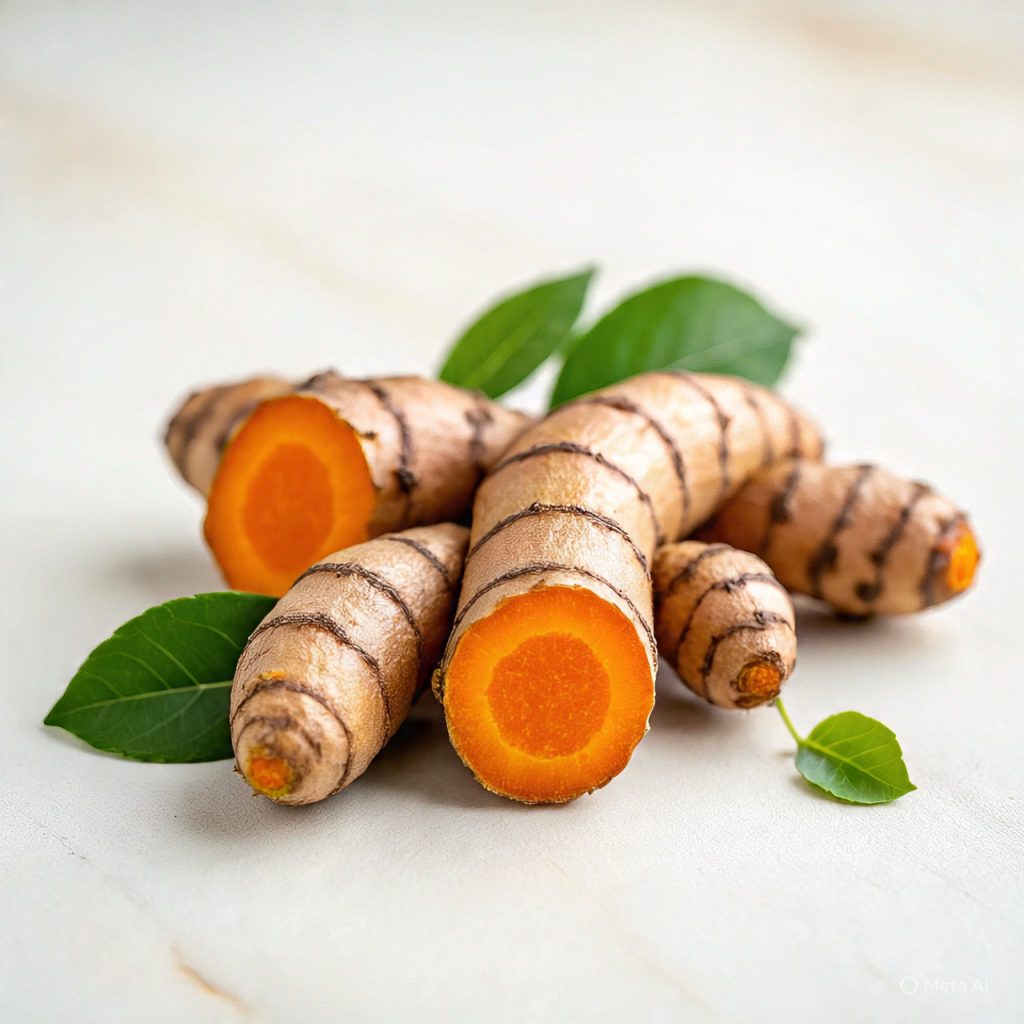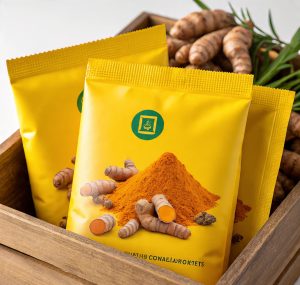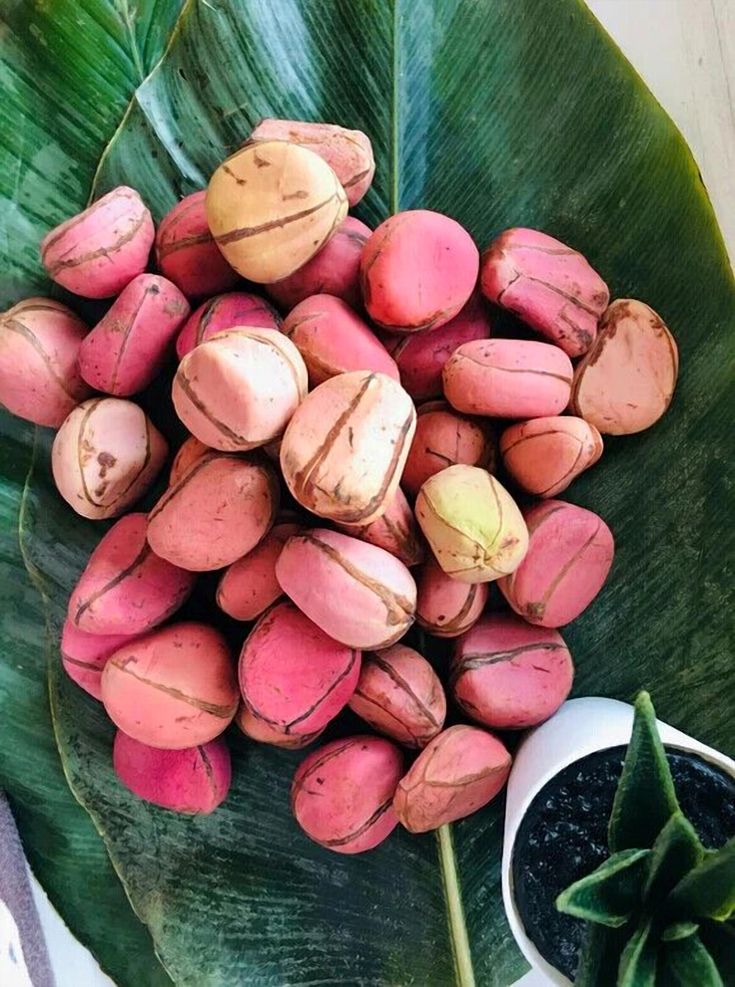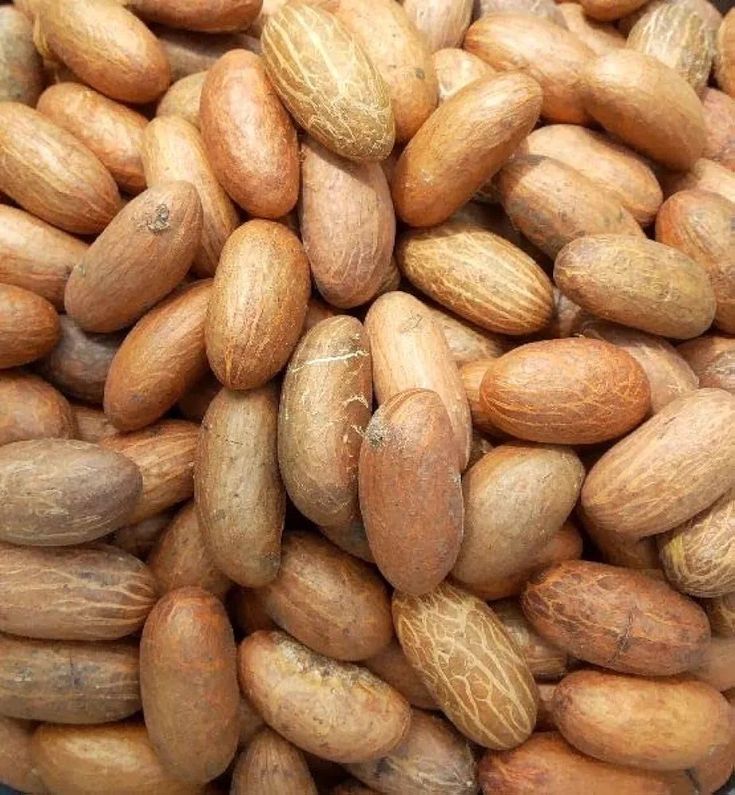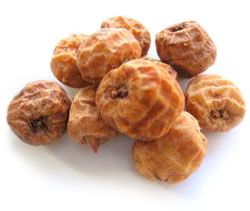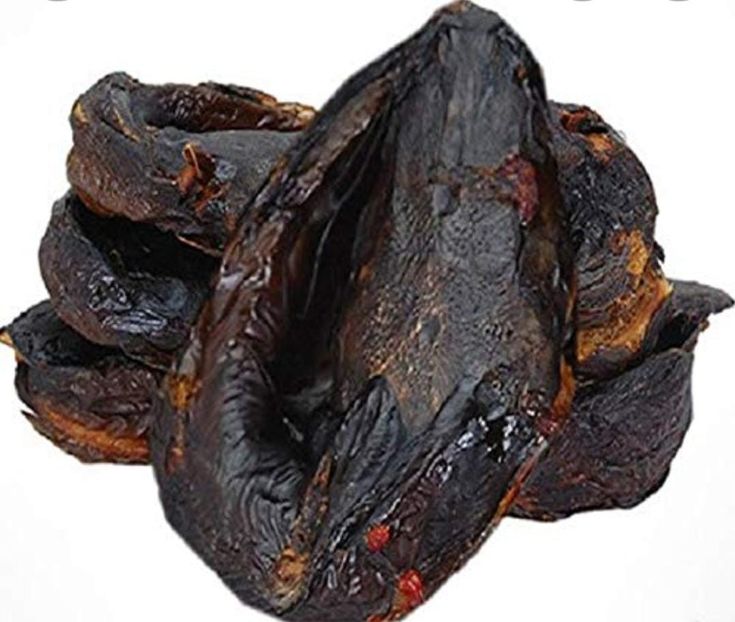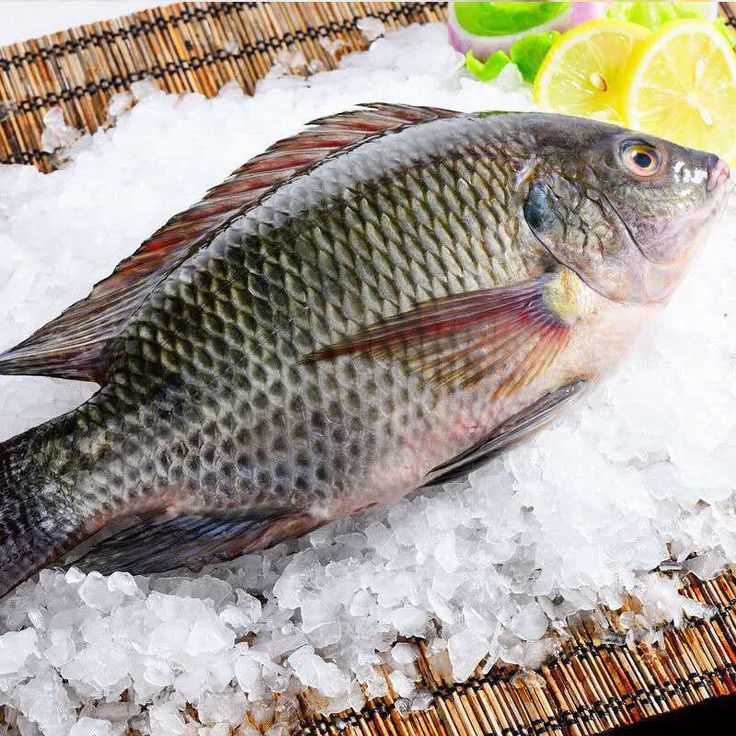What It Is:
Turmeric (Curcuma longa) is a bright yellow root known for its culinary, medicinal, and industrial uses. A member of the ginger family, it contains curcumin, the active compound responsible for its color, taste, and health benefits. In Nigeria, turmeric is grown primarily in Kaduna, Nasarawa, Plateau, and Benue states.
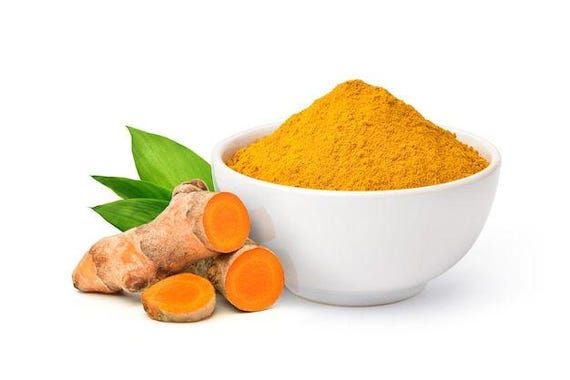
What Export of It Is:
Exporting turmeric from Nigeria involves harvesting, processing (boiling, drying, polishing, and sometimes grinding), packaging, documentation, and shipping to international buyers. Nigeria exports both raw turmeric (whole fingers) and powdered turmeric.
Export Specifications for Turmeric
| Specification | Details |
|---|---|
| Form | Whole dried fingers, sliced, or powdered |
| Moisture Content | Max 10–12% |
| Curcumin Content | Min 2.5–5.0% (depending on grade) |
| Impurities | Not more than 2% |
| Packaging | 25kg or 50kg PP bags, jute bags, or customized export packs |
| Grade | Organic or conventionally grown |
| Shelf Life | 12–24 months if stored properly |
| HS Code | 09103000 |
Uses of Turmeric
-
Food industry: Natural coloring, spice in curries and sauces
-
Pharmaceuticals: Anti-inflammatory, antioxidant properties
-
Cosmetics: Skin lightening, anti-aging products
-
Ayurvedic & herbal medicine
-
Textile industry: Natural dye
Turmeric Export Process
-
Sourcing: Buy from reliable farmers or aggregators.
-
Processing: Clean, boil, dry, polish, and optionally grind to powder.
-
Quality Control: Ensure proper curcumin level, low moisture, and compliance with international food safety.
-
Packaging: In air-tight, food-grade export bags.
-
Documentation: Phytosanitary certificate, Form NXP, certificate of origin, fumigation certificate, bill of lading.
-
Shipping: By sea or air depending on buyer preference.
Top Export Destinations
-
India
-
United Kingdom
-
USA
-
Germany
-
UAE
-
Netherlands
-
Canada
UK Market Demand
The UK has a strong demand for organic turmeric powder due to the increasing health-conscious population, demand from ethnic communities, and use in supplements and natural cosmetics. Organic certification boosts access and value.
Export Tips
-
Ensure turmeric is properly dried to avoid mold or aflatoxin contamination.
-
Get third-party lab testing for curcumin content for premium pricing.
-
Organic certification opens the doors to EU and US markets at higher prices.

